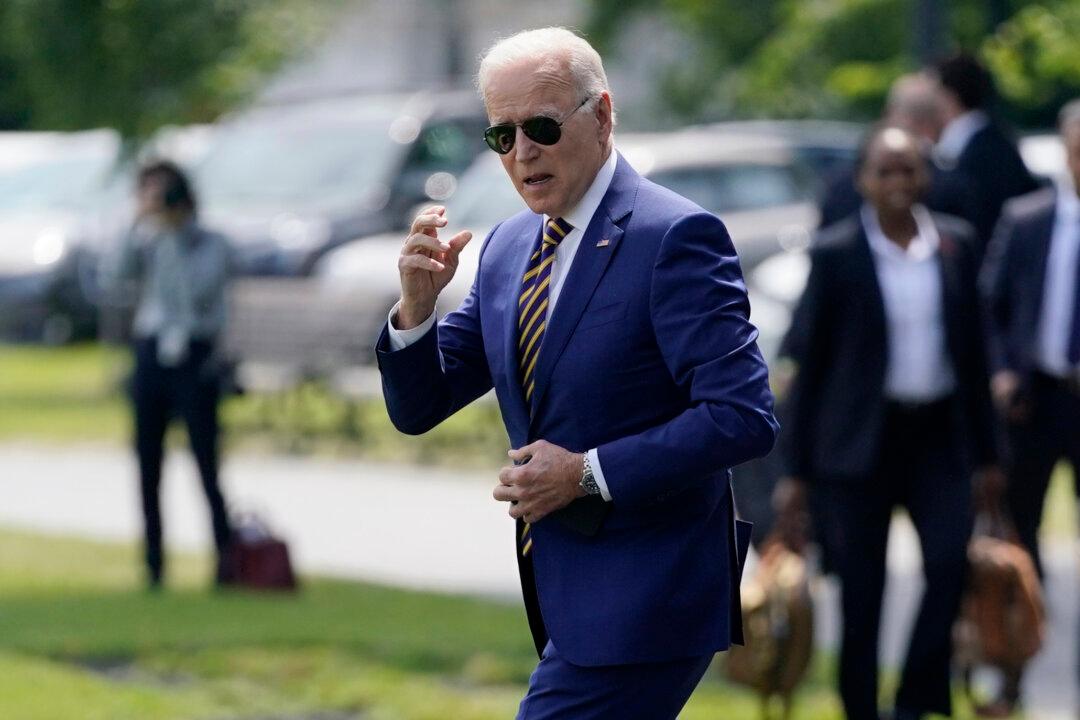WASHINGTON—The White House made clear Friday that President Joe Biden was opposed to letting the federal gasoline tax rise at the rate of inflation to help pay for an infrastructure package that a bipartisan group of 21 senators is trying to craft.
The gas tax increase was part of an early package that called for $579 billion in new spending on roads, bridges, rail and public transit. It’s unclear if it will make the final cut and the White House seems intent on making sure it doesn’t.





